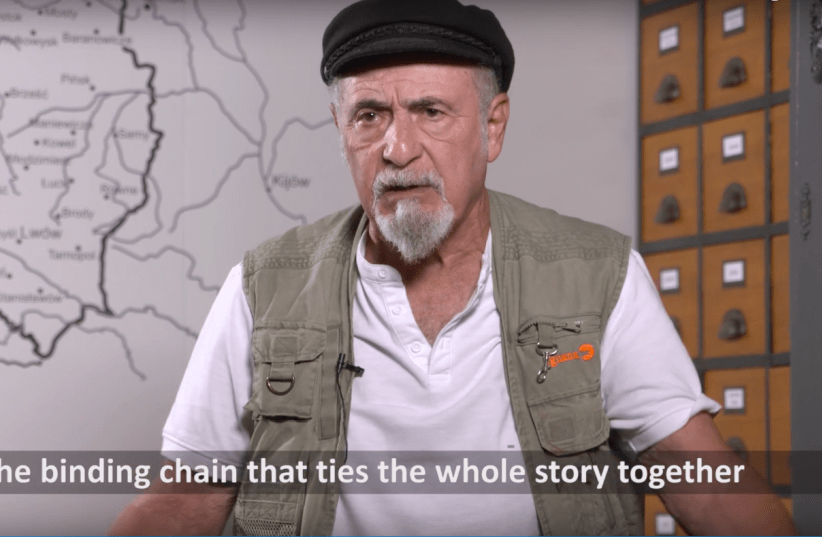Holocaust survivors tell stories of stolen property on social media
Using the #MyPropertyStory hashtag and and tagging @WJRORestitution, the WJRO and individuals who have heard about the campaign have posted dozens of such stories on the various social media networks
